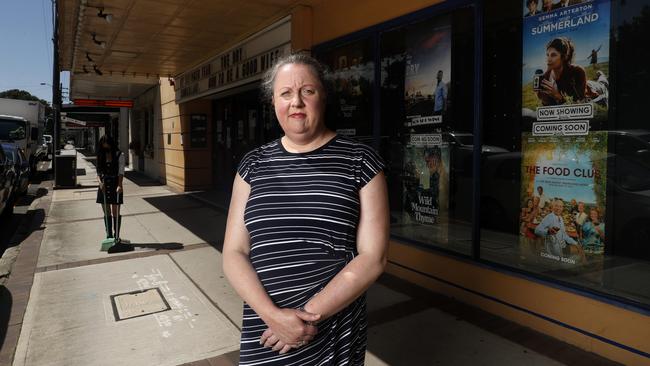Coronavirus Australia: Employers struggle to keep staff on lower JobKeeper rate
Small businesses say they are losing staff after payments fell to $1000 a fortnight ahead of the subsidy ending in March.

Small business ombudsman Kate Carnell has warned employers are losing staff and are unable to replace them because of the lower rate of JobKeeper, ahead of the wage subsidy ending in March.
JobKeeper payments fell from $1200 fortnightly to $1000 on January 4, or $650 for people working fewer than 20 hours.
Ms Carnell said the amount was not enough for many businesses to retain employees.
“Businesses are struggling and they don’t have the money to top up JobKeeper enough to keep their long-term staff to stay,” Ms Carnell said.
“What the kicker here is, if your staff member who’s on $1000 leaves ... you can’t employ another person on JobKeeper. The reality is you lose JobKeeper for that person on your staff if they leave.
“It’s an absolute unintended outcome and it’s happening because of the increasing multi-speed economy. There are some parts of the economy going gangbusters, there are some that are doing it OK, and then there are the travel agents, the independent cinemas, the people in tourism areas that keep on having borders closed on them.”
Since August, employers have only been able to nominate new employees to receive JobKeeper if they were employed on July 1.
What the kicker here is, if your staff member who’s on $1000 leaves ... you can’t employ another person on JobKeeper. The reality is you lose JobKeeper for that person on your staff if they leave. @rosieslewis #smallbizauhttps://t.co/zDouUddUUK
— Kate Carnell (@KateCarnellAus) January 19, 2021
Emma Addario, the owner of Roseville Cinemas on Sydney’s north shore, had 12 of her 18 staff on JobKeeper at the start of the pandemic but has lost six employees, one of whom was receiving the wage subsidy.
While that employee left due to other work and study commitments, Ms Addario has had to give their replacement — who does not receive JobKeeper — minimum shifts.
The cinema has been run by Ms Addario’s family since 1974 and she is concerned that if JobKeeper ends on March 28 as planned she will have to close. She was already forced to close the cinema from March until July under government orders, which she said changed people’s habits.
A lack of movies to show has also seen patron numbers fall.
“Ideally, if JobKeeper could be kept at this rate or the previous rate (of up to $1500 a fortnight beyond March) it would be fantastic. If not, (we need) at least some sort of a grant to cinemas like they’ve done in other countries like Ireland,” Ms Addario said.
“When I was shut for three months I was still paying $2000 a month in electricity. You’re on a commercial rate, those charges still exist. The cinema industry seem to have been forgotten.”
Josh Frydenberg has reaffirmed the government’s intention for the program to end on March 28 and said there were no plans to change its major parameters, for example by extending it for some industries only.







To join the conversation, please log in. Don't have an account? Register
Join the conversation, you are commenting as Logout